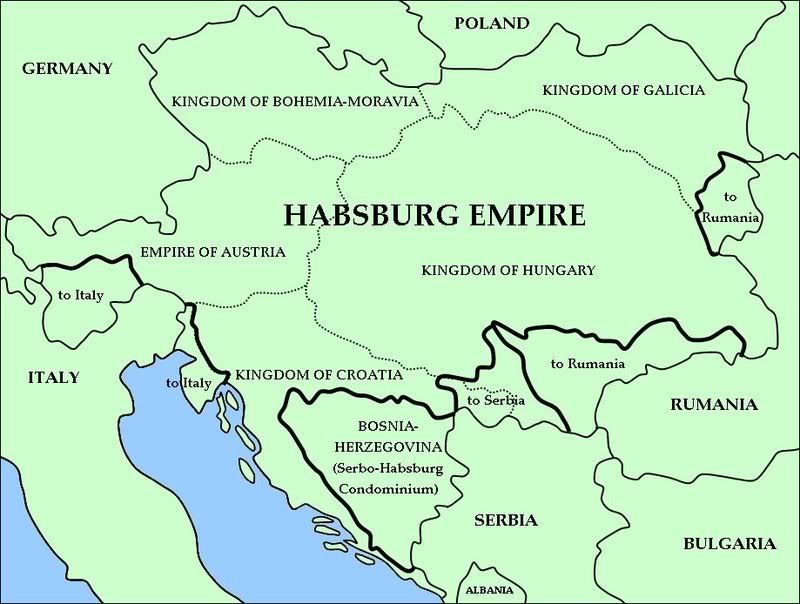There were times when I was in Austria, when I felt like speaking German was not necessarily so helpful to me. One night in Innsbruck, for example, we were treated to a live performance by Lydia Hermann, local musician and songwriter.
(My video of her singing did not record so well, but this one is much better.)
Lydia sings not in German, not in Austrian German, but rather in her own Mundart or dialect known as Steierisch. Just sitting and listening is a stretch for me. Having the lyrics in front of me helps. It is so elegant the way she tells her stories, once you figure them out.
And here is a story of Austria. In 1282, the first Hapsburg prince came to be in charge of things in this part of the world. His descendants then continued to reign for the next 600 plus years! It wasn't until the end of World War I in 1918 that the empire was dissolved. While the monarchy held the lands of the Austria-Hungarian Empire together in a unified block, the people, however, hailed from many different ethnic backgrounds.
In Austria, the official language is German, but there are several other languages spoken by its people still today: Turkish, Serbian, Croatian, Romany, Slovakian, Slovenian, Czech, Hungarian, Kurdish, and Bosnian, just to name a few. In Vienna, the capital of Austria, over half of the students in schools speak a language other than German as a native language. Over half (53.8%, 2011-12)! To give you some perspective on this densely packed Schmelztiegel, Austria is roughly the size of South Carolina, but due to its topography, is only actually inhabited in about half of that space.
See all that white space running through Austria? That's basically all mountain goats and sweet little Alpine flora.
 |
| Innsbruck mountain area, 2013 |
In the school in which I teach, an average student gets 10 months of foreign language instruction during an academic year. If we're lucky, an above average student will stick around for another 10 months the following year, and then that's more or less das Ende. In Austria, students begin learning a foreign language in the first grade and continue on until they graduate. (Source: Austrian Federal Ministry of Teaching, Art and Culture). Do the math. That equals 11 YEARS of foreign language study, or 120 months compared with our 10 maybe 20.
Lucky for me and a sprinkling of other school districts across the nation, elementary schools are beginning to hear the call of foreign language education. Support your school's foreign language programs. We need every voice we can get.
Austria is unique from other speaking countries in part because of its intense ethnic diversity. It's been a melting pot for centuries. Austria officially is a German-speaking country, and at the same time a nation of polyglots and people proud of their diverse heritage.



A poignant and thought-provoking read. Hoping that the nation values language as much as math, science and technology, because it is the language skills that teach us to listen, communicate and stretch into new ways of thinking. Thanks for the insights!
ReplyDeleteThank you for the lovely feedback. As the Greeks would say, "Moderation in all things." The main reason I ended up as a French major dropout was because I knew almost no vocabulary. I knew the grammar extremely well, but had no way to communicate it. Students/People absolutely need language skills. What if I made an amazing technological discovery, but had no way to tell the world about it?
ReplyDeleteAusrtia is great place to visit Kris Angel for cheap ticket contact euroafricatravel.!!
ReplyDelete